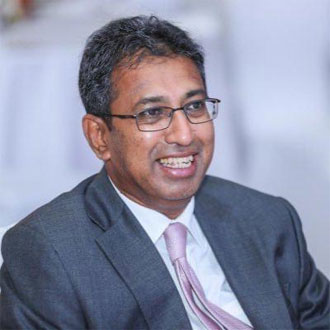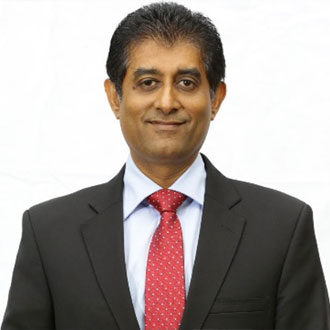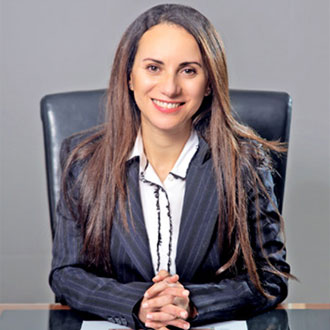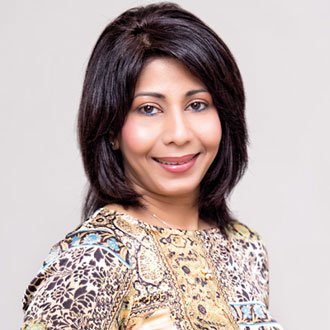Thursday Feb 19, 2026
Thursday Feb 19, 2026
Monday, 13 November 2023 02:14 - - {{hitsCtrl.values.hits}}
 |
| Dr. Harsha de Silva |
 |
| Duminda Hulangamuwa |
 |
| Bingumal Thewarathanthri |
 |
| Hajar Alaffi |
 |
| Tania Abeysundara
|
The President Ranil Wickremesinghe-led Government will present its Budget for 2024 amidst what many described as “most challenging times” given little room to raise further taxes and the State’s inability curtail expenditure.
As per the Appropriation Bill, the Government envisages an expenditure of nearly Rs. 8 trillion and a revenue of Rs. 4 trillion up from an estimated Rs. 3 trillion in 2023.
Of the near Rs. 8 trillion expenditure is Rs. 4 trillion primary expenditure of which Rs. 2.7 trillion is recurrent and Rs. 12 billion on capital. Of the former (Rs. 2.7 trillion) is Rs. 1.5 trillion is salaries and pensions and the balance on subsidies including Aswesuma. Interest expense is a staggering Rs. 2.7 trillion, up from Rs. 500 billion from 2023. The sealing on borrowing is Rs. 4 trillion.
These numbers figured prominently at a pre-Budget discussion on Saturday at a webinar hosted by the Daily FT and multiple stakeholders.
Committee on Public Finance (COPF) and SJB MP Dr. Harsha de Silva acknowledged that the Government is in a tricky situation as there was little room to tax people in securing Rs. 4 trillion revenue target.
“How much more can SMEs bear additional taxes,” was de Silva’s query, adding that 18% VAT from January will further dent consumer demand.
He said that unless the Government comes up with a plan to boost real growth, success will be limited.
De Silva expressed the hope that President Wickremesinghe will come up with a Budget that outlines reforms, restructuring and liberalisation.
Ceylon Chamber of Commerce Chairman Duminda Hulangamuwa too acknowledged that the Budget is being presented amidst one of the most difficult and challenging times. He opined that there is no more room to increase taxes and any attempts to do so will result in further contraction in the economy.
He was of the view that opportunities to steer growth were limited and early completion of external debt restructuring and resumption of bilateral funding projects would be helpful.
Noting that exports are under severe stress, Hulangamuwa said tapping Indian support was key, especially securing higher quotas for apparel exports under the FTA as well as luring more FDIs.
It was emphasised that tourism, IT and software exports are low hanging fruits to boost foreign exchange earnings.
Hulangamuwa said that the Ceylon Chamber had recommended the Government to boost commercial agriculture with incentives as well as liberalisation of services.
Sri Lanka Banks Association President and Standard Chartered Bank Sri Lanka CEO Bingumal Thewarathanthri called for more digitalisation, SOE reforms as well as markets expanding FDI. Additionally he recommended demonetisation of the Rs. 5,000 note and the need to tackle the large cash economy. He appealed to the Government not to overtax the younger generation thereby stemming massive migration.
The need to re-purpose the public sector workforce, especially the armed forces was another recommendation.
Unilever Sri Lanka Country Managing Director Hajar Alaffi warned that consumption has plunged by over 25% and could get worse with the proposed 18% VAT.
“2024 is an acid test for Sri Lanka,” she opined adding that the Government needs to consolidate positive measures taken so far and step up digitalisation, strengthen IT and logistics and policy consistency whilst securing the economy from the vagaries of politics.
SME sector activist, Sri Lanka United National Businesses Alliance Chairperson Tania Abeysundara urged the Government to ensure a SME friendly Budget as the sector which accounts for over 50% of the economy is battered and helpless.
